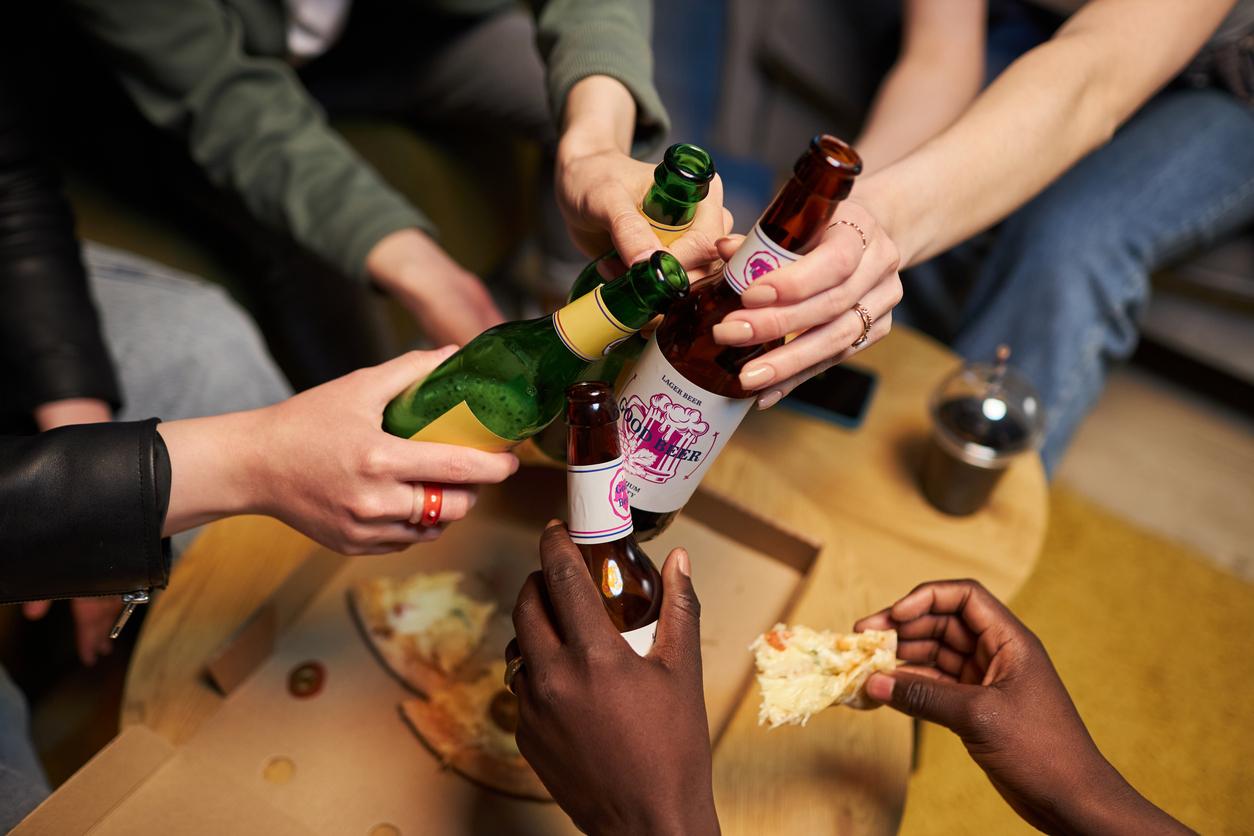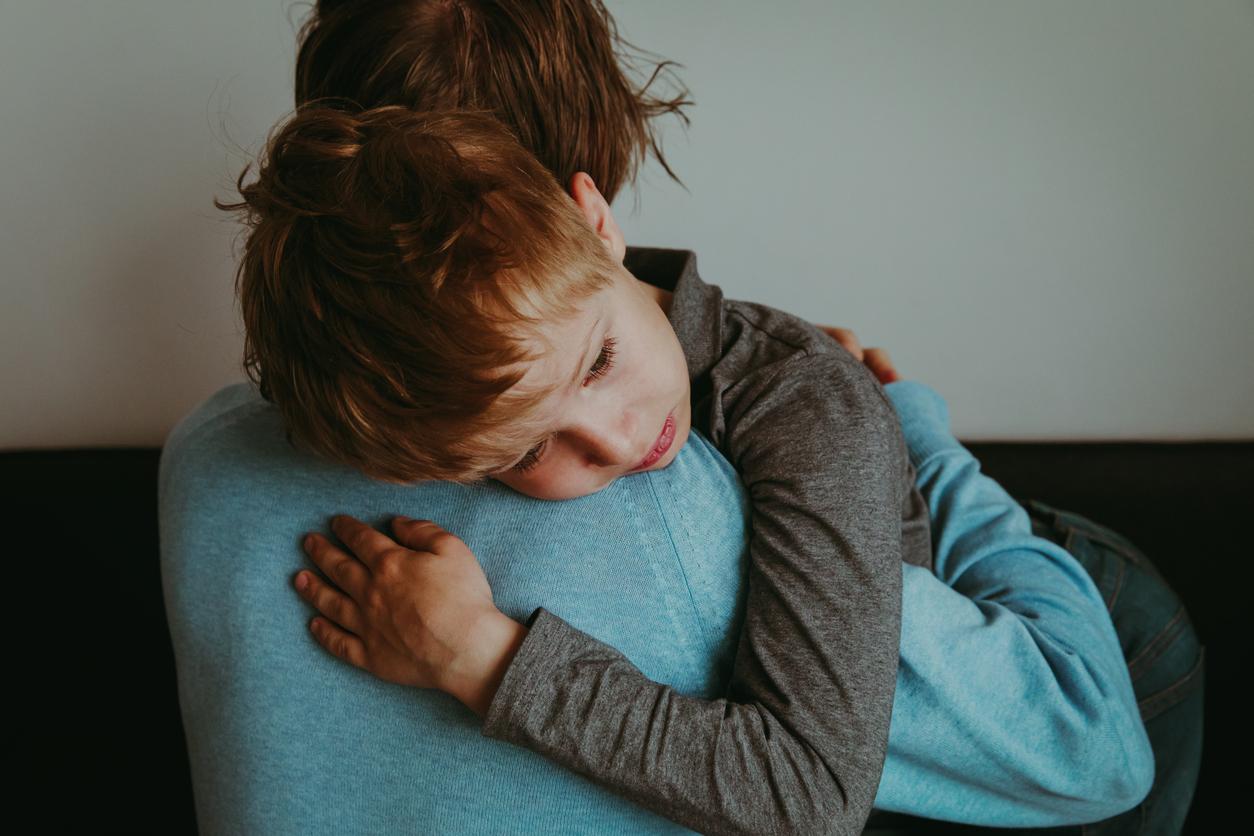In his book “Talking about sex, how to inform our teenagers”*, Professor Israel Nisand, gynecologist and organizer of exchanges with middle school students on sexuality, delivers the lessons learned from these meetings. And places doctors on the front line on this subject.

- Author of the book “Talking about sex, how to inform our teenagers”, Professor Nisand regularly organizes meetings on this theme with middle school students.
- The role of doctors and particularly pediatricians is essential in informing adolescents about sexuality.
- Before the age of 15, 20% of adolescents have had their first sexual relationship.
This is undoubtedly THE most complex subject to discuss with adolescents. No one is comfortable with them talking about their sexuality. Starting with the parents, in this case most often represented by the mother on this theme. “As a teenager, we cannot hear live information about sexuality from parents, explains Professor Israel Nisand, firstly because it lifts the veil on the parents’ own sexuality and above all because they are there to educate about prohibitions and we cannot at the same time teach prohibitions and teach license!
“Doctors are legitimate on this subject of sexuality”
So who can talk to you and answer the questions that teenagers ask? “The pediatricians who see them for consultation know that sexuality issues must be addressed but are not always comfortable”underlined for his part Professor Chantal Stheneur, pediatrician, in the magazine Pediatric Realities. “Doctors do not have this training during their studies but they are legitimate on this subject of sexuality because teenagers always look at who is speaking, where they are speaking from and what their competence is”specifies Israel Nisand.
The role of these doctors is all the more important as information on adolescent sexuality is today “polluted” by very easy access to pornographic images. And faced with questions motivated by the scenes accessible to them, the sexual act itself seems to be seen as a priority compared to the feelings that can arouse it.
“Their questions are very influenced by pornography”
Porn, romantic love’s best enemy? “Young people are just as romantic, reassures Professor Nisand, equally anxious about the changes in their bodies. On the other hand, they have seen things that change them and their questions today are very influenced by pornography. In my organized exchanges with college students I regularly have questions about love with others, about zoophilia, about somewhat bizarre sexual practices and they need to talk with adults about what they have seen because it “It’s often extremely violent, obscene, and they have the impression of having seen reality, that they must do as they saw in the film.”
“Sex in our societies is an object of consumption increasingly dissociated from affect. However, setting enjoyment as an imperative can only harm adolescents who are focused on listening to their sensations, both so much so that they miss the point.”confirms Professor Stheneur in other words.
“Think about sexuality rather than approaching scientific knowledge”
How in this context can we approach sexuality by providing real answers? “The role of the pediatrician is to make people think about sexuality rather than addressing scientific knowledge, but the discourse often focuses on biology, hormonal cycles or advice providing a behavioral solution, questions of meaning are most often hidden”deplores Chantal Stheneur.
But before finding the right words, we must identify the real questions, whatever the way they are expressed. “For boys, the central question is how to give free rein to their feelings without distancing themselves from impulses and they are also preoccupied with learning about the female body and the sexual act”, believes Professor Stheneur. Girls aspire more, according to the pediatrician, to “experiment with their power of seduction and engage in an emotional relationship before being sexual.”
Place these exchanges under the sign of emotional fulfillment
And in all cases, health professionals find themselves placing these discussions on sexuality with adolescents primarily under the sign of their emotional and relational development. “But these are never fluid subjects,” underlines a mother whose children are reaching the age where questions arise. While 20% of young people today have sexual relations before the age of 15 and by the age of 18, 80% have had at least one sexual relationship, it appears that societal developments in this area, while they have often liberated actions, have still not facilitated information on sexuality!
* “Talking about sex, how to inform our teenagers”, by Professor Israel Nisand, medical and academic director at the American Hospital of Paris. Editions Grasset.















